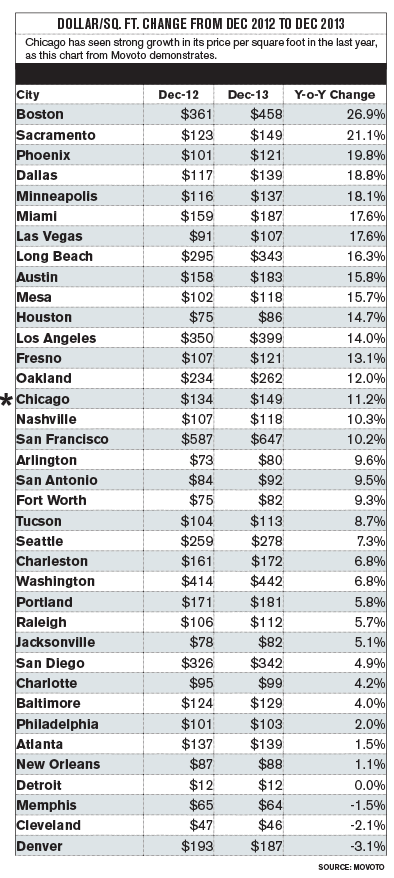Mortgage Rates
Rates will still be favorable, especially in the short-term; rising interest rates could actually affect buyer demand in a good way, and push buyers “off the fence,” according to Michael McCatty, an Orland Park agent with Century 21. “In the short term, I don’t think rising rates will affect buyer demand,” he says. “Short term to me is the next year to year and a half. But long term, then it might be a challenge to get buyers to come to market.”
NAR Chief Economist Lawrence Yun agrees, and says rising mortgage interest rates are a factor that warrants attention.
“It takes consumers a while to get used to higher rates,” Yun says. “It’s psychological, especially when people see family and friends who locked into lower rates in recent years. Compared to historic rates, though, the increased rates are still favorable because they are still low.”
The generational gap in buyers might play a slight part in this, as well. First-time buyers have been spoiled, so to speak, with record-low interest rates; pre-recession, rates that were 10 percent or higher were normal. However, McCatty is worried that people who are interested in buying will be less inclined, even if the market is good, because mortgage rates won’t be as low as they once were, making a home purchase less of a “good deal.”
“Buyers will start to think they’ve missed the opportunity to buy in the long term, as rates continue to rise,” he says. “Rates used to be double what they are – in the ‘90s, they were 12 percent. Homebuyers, especially the younger generation, are a bit spoiled in terms of rates and affordability.”
Eyes will remain on the Federal Reserve as it backs away from its economic stimulus programs in 2014, which have kept interest rates consistently low. Tabs will be kept on other legislative-related issues, including the United States Department of Housing and Urban Development ruling on the definition of Qualified Mortgage, which dictates whether a mortgage will be insured, guaranteed or administered by HUD or the Federal Housing Administration.
“There’s uncertainty with how aggressive the government will be with lenders, and whether or not this will cause lenders to hunker down and be more restrictive,” Yun says.
Conversations will continue regarding potential changes to the mortgage interest deduction and reform of Fannie Mae and Freddie Mac, although Yun says there is a slight chance of any dramatic changes being made this year.

This seems realistic regarding jobs. It does not tend to pump up misleading reports that mask the mediocre job market.